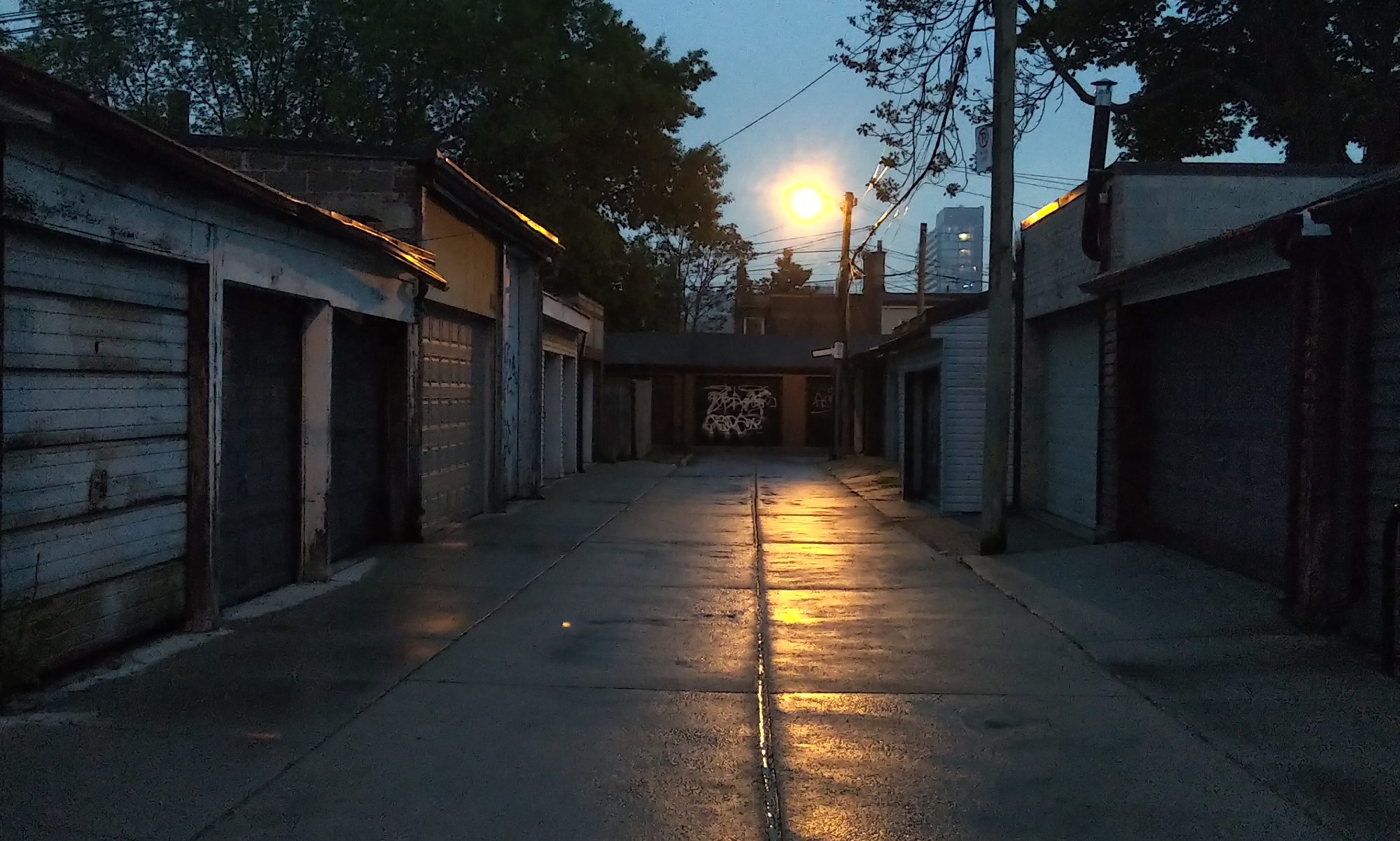The problem with having a belief in something which happens to be provocative (and by provocative, I mean something which is not embraced by the whole and which may be a bit thorny for some) is that, like in most aspects of life, all it takes is a few zealots to make you look like a fool by ideological proximity.
As I pointed out many moons ago (December of 2006!) when it comes to climate change (as opposed to the slightly misleading term global warming), outside of blind ignorance our greatest liability are people who jab an accusatory finger at every natural disaster and scream “You see! It’s global warming! Climate change caused this! If we don’t do something NOW we are doomed as a species!”. For me, it started with Hurricane Katrina, when people (a fantastic percentage of whom had no scientific accreditation) began to suggest that it simply wasn’t an old-school “act of nature”, but rather something to be blamed upon worldwide environmental collapse (as if New Orleans didn’t have enough problems to contend with). It fed into a grand conspiracy theory which gave certain people a quixotic reason to exist: that mankind was the chief culprit all along, and that it was only a question of years to fix it. Cue epilogue of Planet Of The Apes.
On the other (self-evident to the point where I wonder whether it’s worth mentioning) end of the spectrum are the usual assortment of deep-pocketed corporate “carbon monoxide is good for you” state polluters, and knee-jerk libertarian radio hosts who feel that idling their cars is akin to patriotism (and, as an aside, the whole libertarian-patriot thing seems like an oxymoron, doesn’t it?).
The thing is this, panic aside: I do believe in climate change. All that shit turning to water north of us (that would be the Arctic ice) is a sign. Much less lachrymose is all that science, provided by all those scientists, which pretty much confirms that, yes, climate change is real, and that, yes, human industry is a variable in its occurrence. The issue of how the future is looking as a result of climate change is less clear. The problem is this: remember those largely non-scientific people blaming Hurricane Katrina on climate change? The ones telling us that if we don’t do something NOW then the world’s a goner? They got a lot of attention; the cameras kept rolling. This was probably just a knee-jerk reaction of mass media which was (and is) delighted to scare the public any chance they get (it keeps ratings up). Well guess what: some scientists found that if they used the same sort of seismic analogies and kept the ticking clock of doom just a few minutes away, not only would they get attention, but they could get funding.
Inevitably, it had to end – the speculative bubble that is. You can only say that we have five more years to change the world for five years until people start asking why societies haven’t collapsed like the finale of an Irwin Allen movie. And then someone or some group hacked into the records of some climate scientists and found that some of them were acting like jerks, that some of them didn’t want to play nice with their facts (unlike all those journalists and columnists we read). To me, this was heart-breaking, because it allowed both honest sceptics and partisan political hacks alike to pull a j’accuse and call it Climategate (seriously, I look forward to a world without the silly and dated gate suffix) and call the science itself into question, as opposed to the questionable actions of a few. Some have hinted that the bad publicity fall-out could set climate science back by a decade if increased public persecution gets worse. However, I feel this is as likely as, well, the world ending in five years.
The good news is that the world hasn’t ended; neither our world, nor the world of science. If anything, reading today’s op-ed by Margaret Wente in the G&M, even people who previously took every opportunity to deny the existence of climate change are now looking at things plainly: no pro trumped-up worries about imminent global catastrophe, and no con lefty/green/hippy bullshit stereotypes. If anything, perhaps bringing those few scientists into the spotlight has, post whatever-gate, calmed everyone down a notch. Perhaps enough so that we will be able to parse our language into something which does not use fear as a means of persuasion. Perhaps so that we won’t dilute the meaning of words like green and sustainable to homeopathic degrees.
I believe (or at least I hope) we can find an entry-point where we can use science and research rather than propaganda and fear to motivate ourselves to improve our prospects (that is, both human prospects and business prospects, two things which have not always shared mutually fulfilling goals). It is heartening to see that there may be an X-Prize for fuel/energy production, similar to what was done for sub-orbital exploration. I’d also like it if we could reboot the message of environmentalism with a good ‘ol back-to-basics mantra of: use less (as in packaging, unnecessary products, natural resources). I will be happy, even if it is all a hopelessly lost cause, that we go down working on something together as opposed to a Purgatory of scoring political points against ourselves.
Torontoist just posted an essay I wrote about this being the 10th anniversary of the SARS breakout in Toronto (which went on to kill 44 people and cost the country $2 billion), and the fact that nothing is being done to commemorate it. That is to say that commemorations are not necessarily celebrations, but can be sober remembrances of mistakes made in our past.




